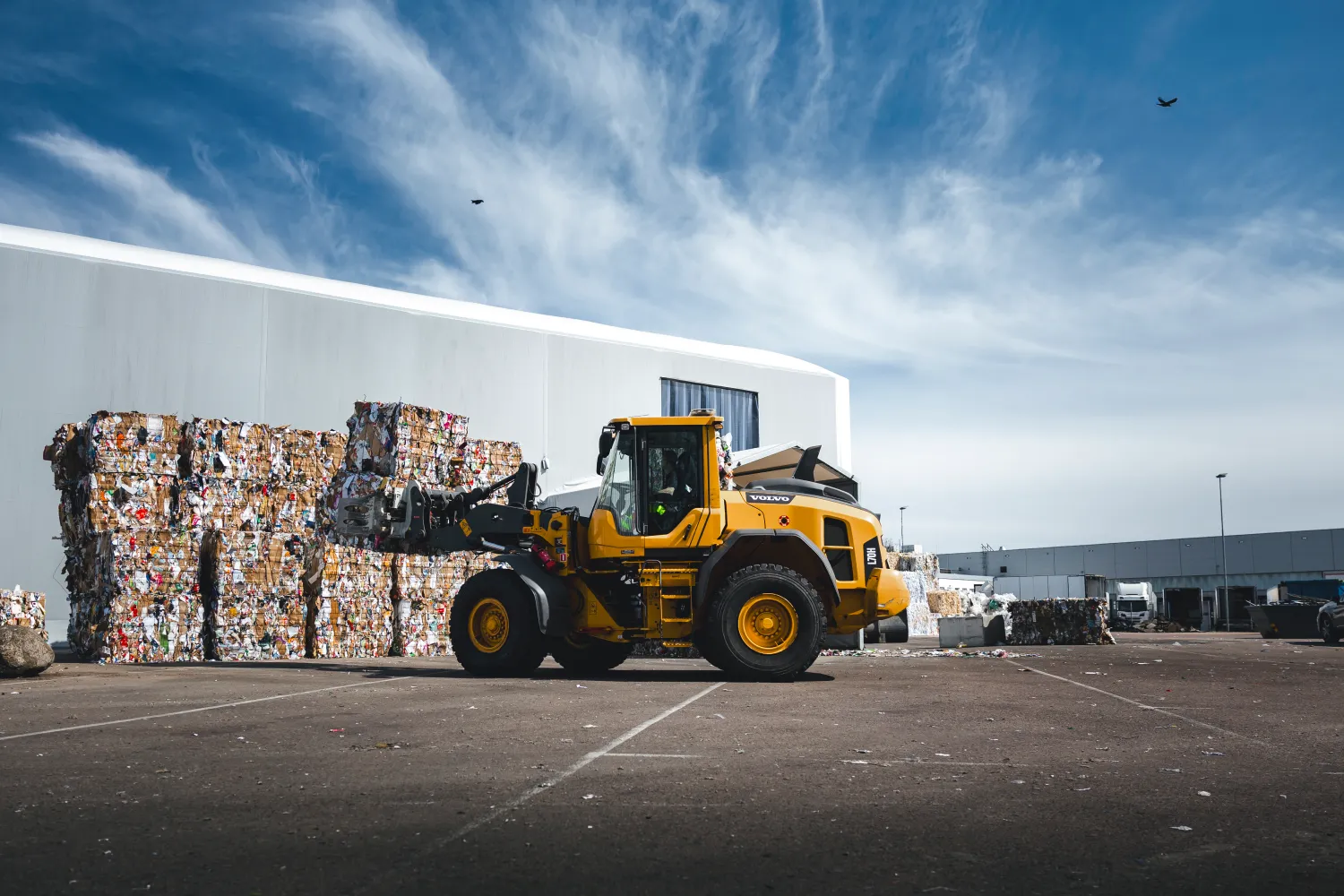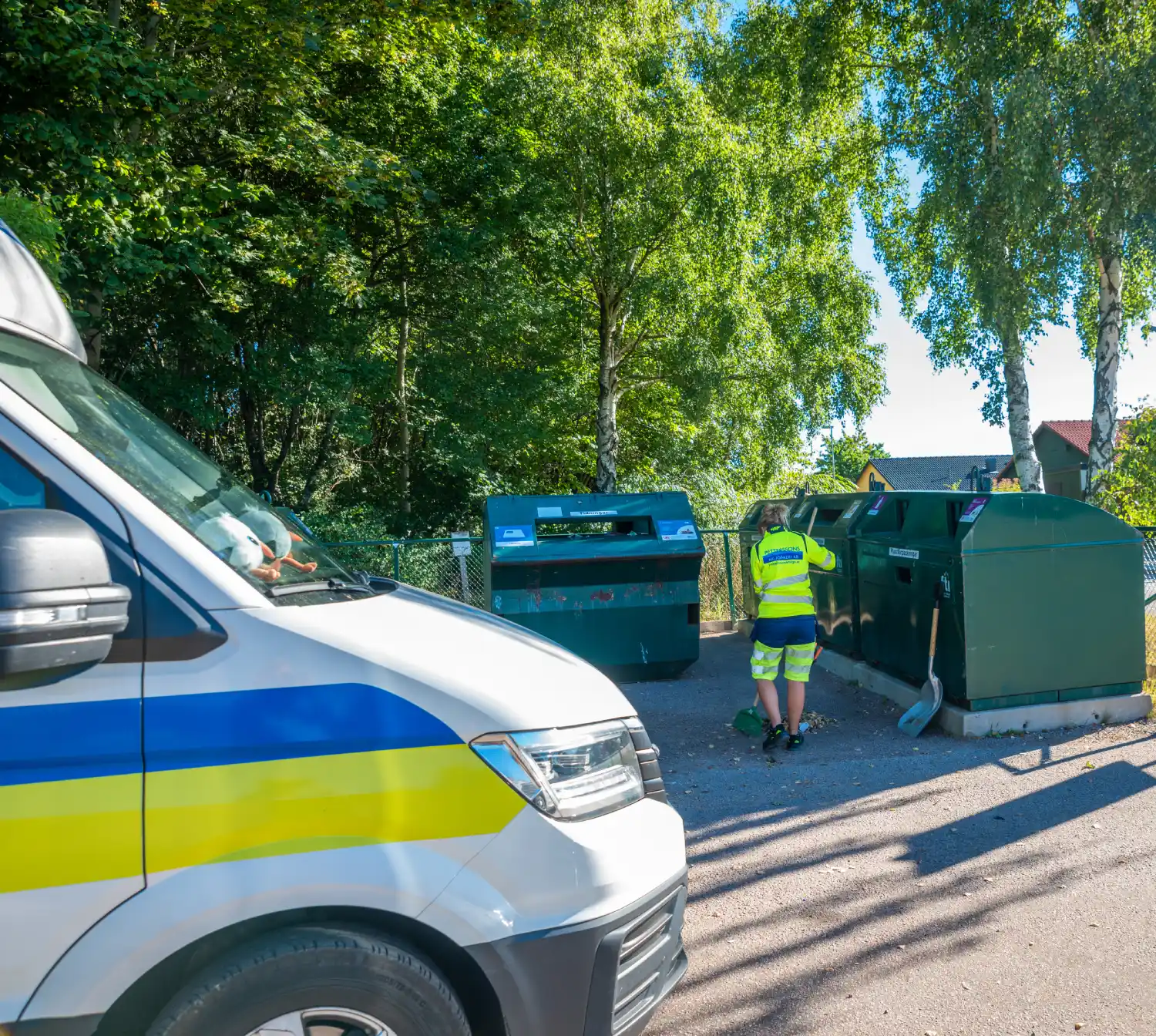From Trash to Treasure: Sweden’s Successful Recycling Journey
From Trash to Treasure: Sweden’s Successful Recycling Journey
Blog Article
Sweden is widely considered together of the very eco-conscious nations on earth, and its recycling initiatives are in the centre with this green reputation. With a long record of sustainability methods, Sweden has not merely applied efficient Recycling (Återvinning) methods but in addition fostered a culture of environmental responsibility among their citizens. Today, recycling in Sweden isn't only a policy—it's a national concern, embraced by people, companies, and the federal government alike.
Amazing Recycling Rates
Sweden's commitment to recycling is visible in its impressive statistics. The country recycles nearly 99% of its home spend, rendering it a global leader in waste management. Swedish people recycle paper, plastics, metals, and glass with outstanding uniformity, assisted by a comprehensive and well-organized waste variety system. Regional authorities make sure that recycling bins are conveniently located, making it easy for Swedes to be involved in the process.

Waste-to-Energy Product
In addition to conventional recycling, Sweden has pioneered an progressive waste-to-energy (WTE) model. Rather than landfilling or incinerating waste with dangerous emissions, the nation switches a substantial part of their extra waste into energy. About 50% of Sweden's spend is employed to create energy and heat, adding to the country's green power goals. That strategy reduces landfill use, reduces carbon emissions, and turns waste in to a valuable resource.
Expanded Maker Obligation
One important aspect in Sweden's recycling success may be the adoption of Extended Company Duty (EPR). Below this technique, producers are expected to get responsibility for the lifecycle of these products and services, such as the recycling of appearance and end-of-life items. That legislation has generated a decline in packaging spend and an increase in sustainable item design. In particular, Sweden has made substantial advances in reducing single-use plastic spend, with organizations shifting toward biodegradable or recyclable alternatives.
Public Awareness and Training
The Swedish government in addition has used greatly in raising community recognition about recycling. Instructional campaigns have taught citizens about environmentally friendly benefits of proper waste working and the significance of lowering consumption. Recycling is taught in schools, and folks of all ages are inspired to be involved in spend decrease initiatives. This popular environmental mind has resulted in a culture that requires delight in its green recommendations, with recycling getting 2nd nature to the majority of Swedes.

To conclude, Sweden's commitment to recycling is a perfect exemplory case of what sort of nation can incorporate sustainability in to their core policies and everyday practices. The country's remarkable recycling costs, waste-to-energy model, and forward-thinking approach to waste administration serve as a blueprint for different countries striving to reduce their environmental impact. With extended creativity and community proposal, Sweden is set to keep at the front of world wide recycling initiatives, proving that eco-friendly methods are not really a trend—they're the future.
Report this page